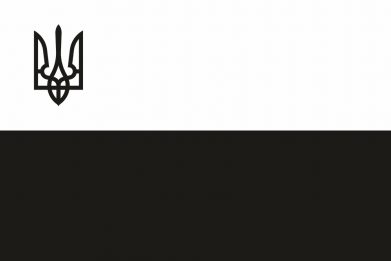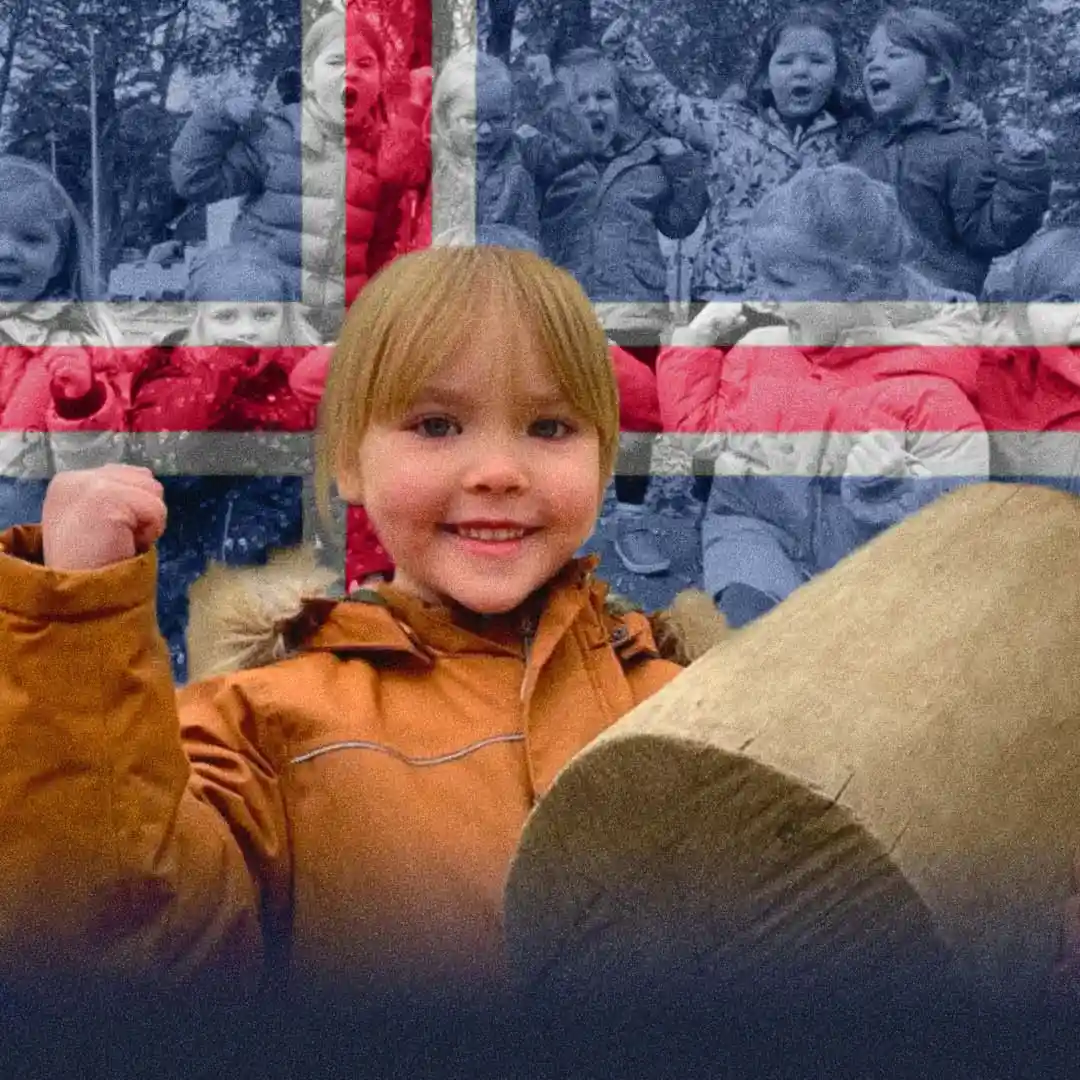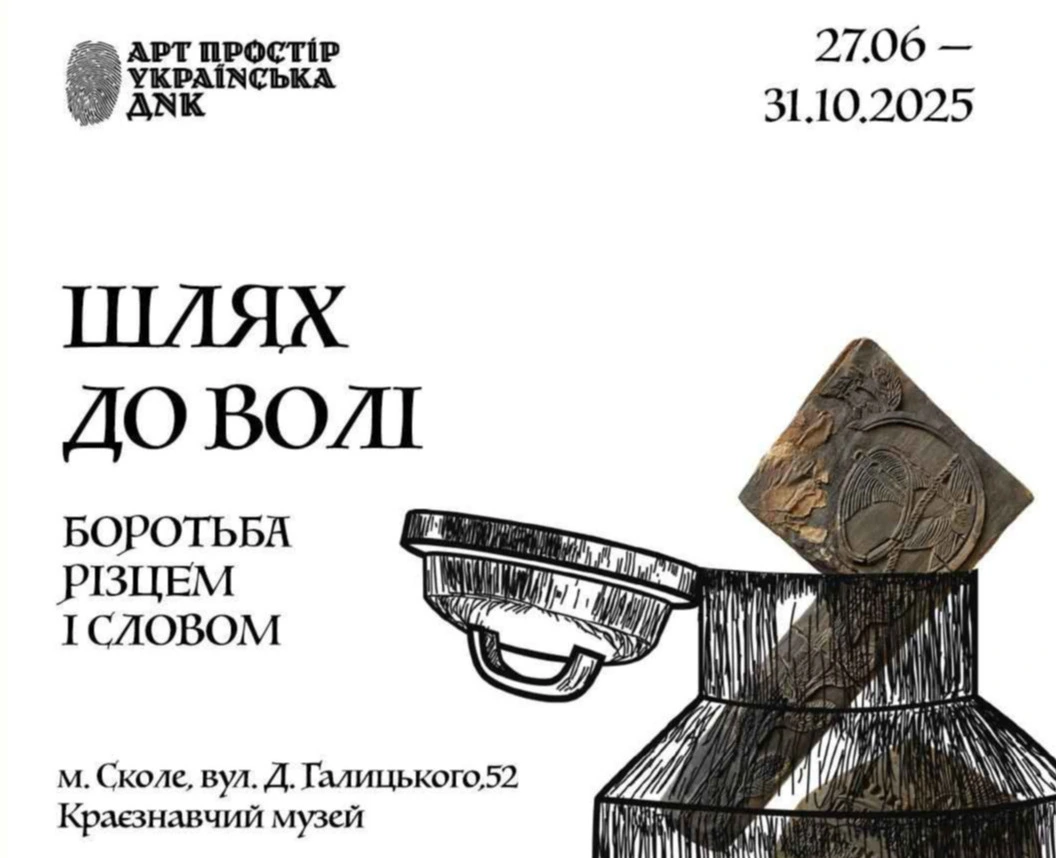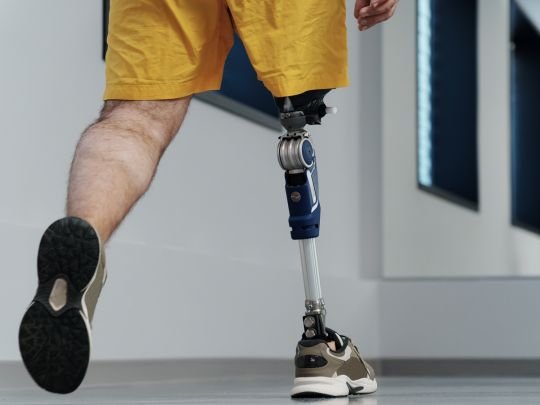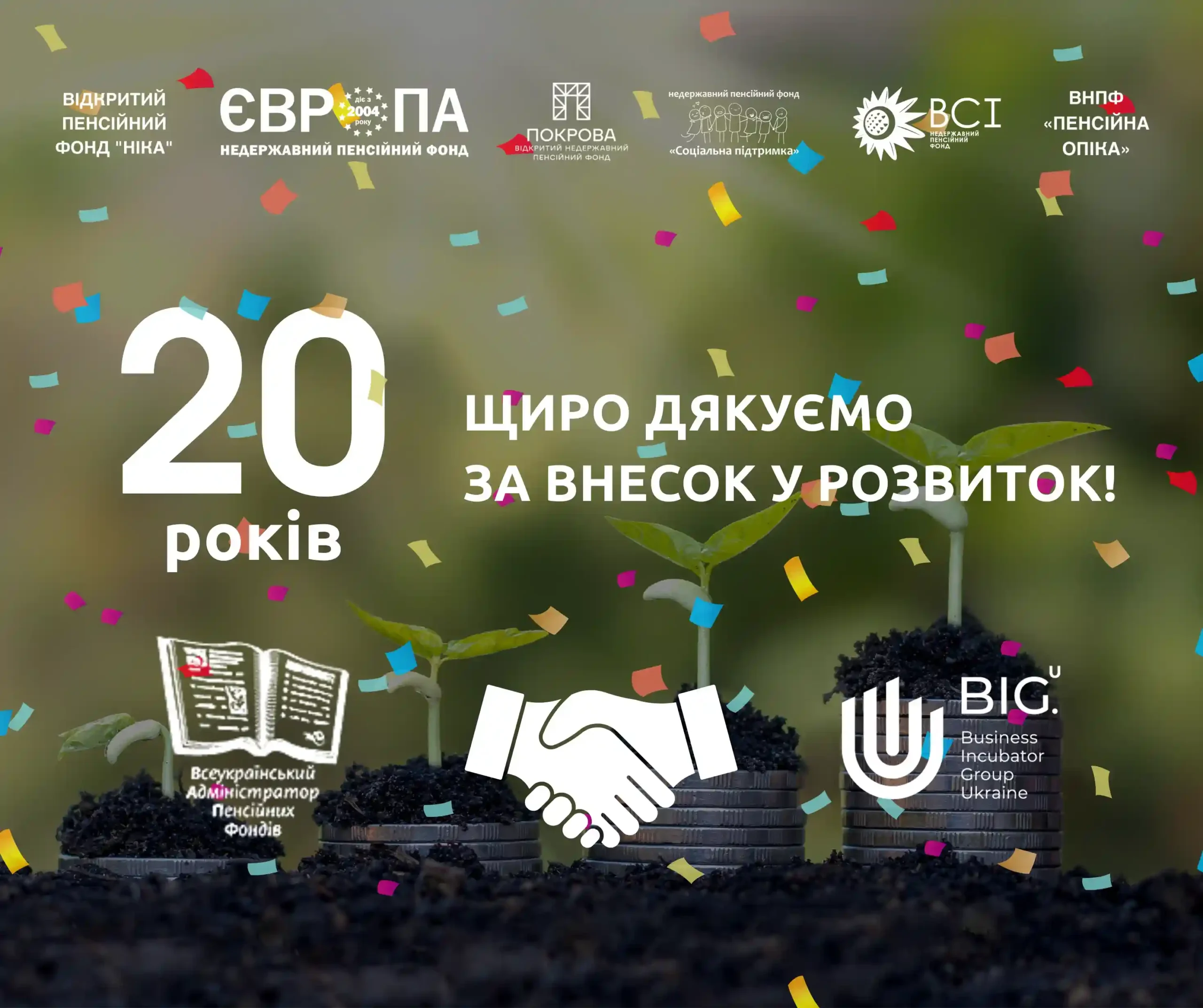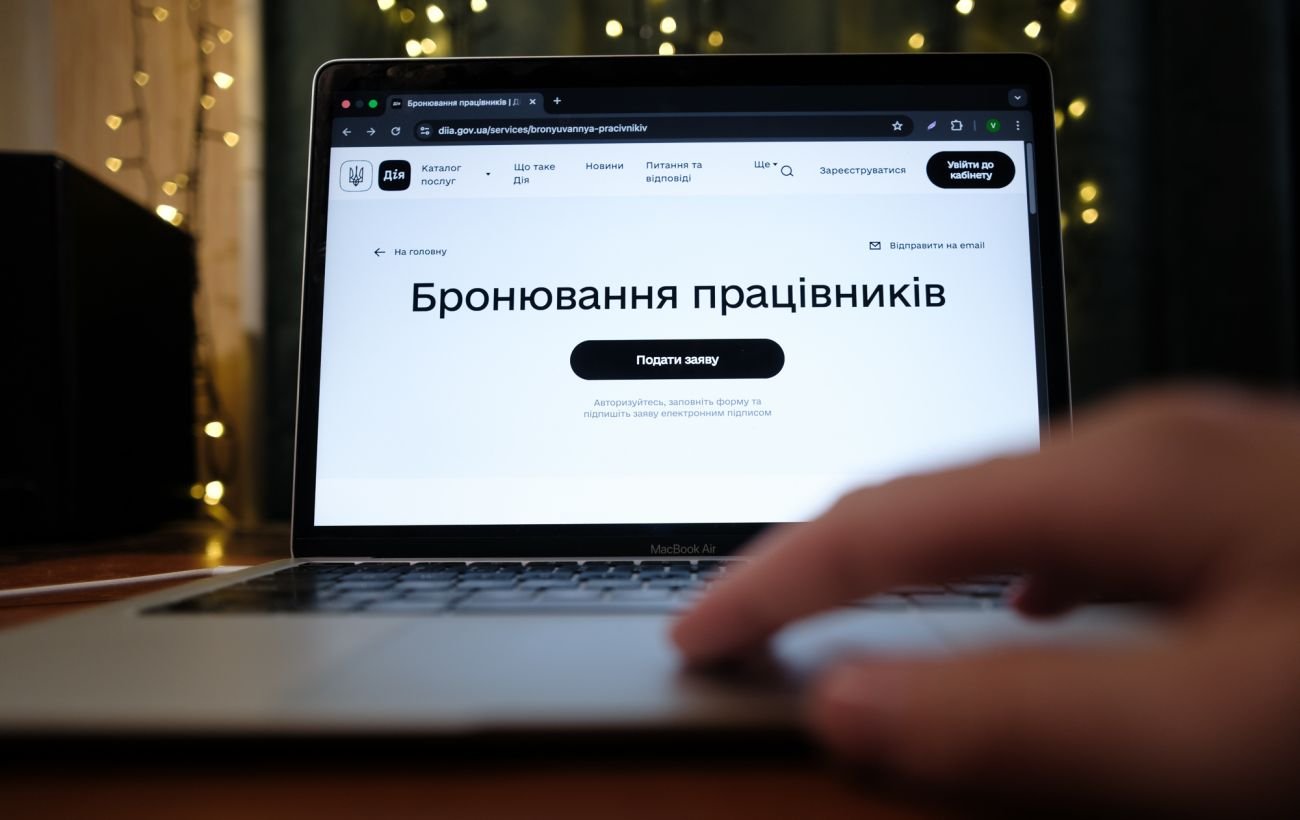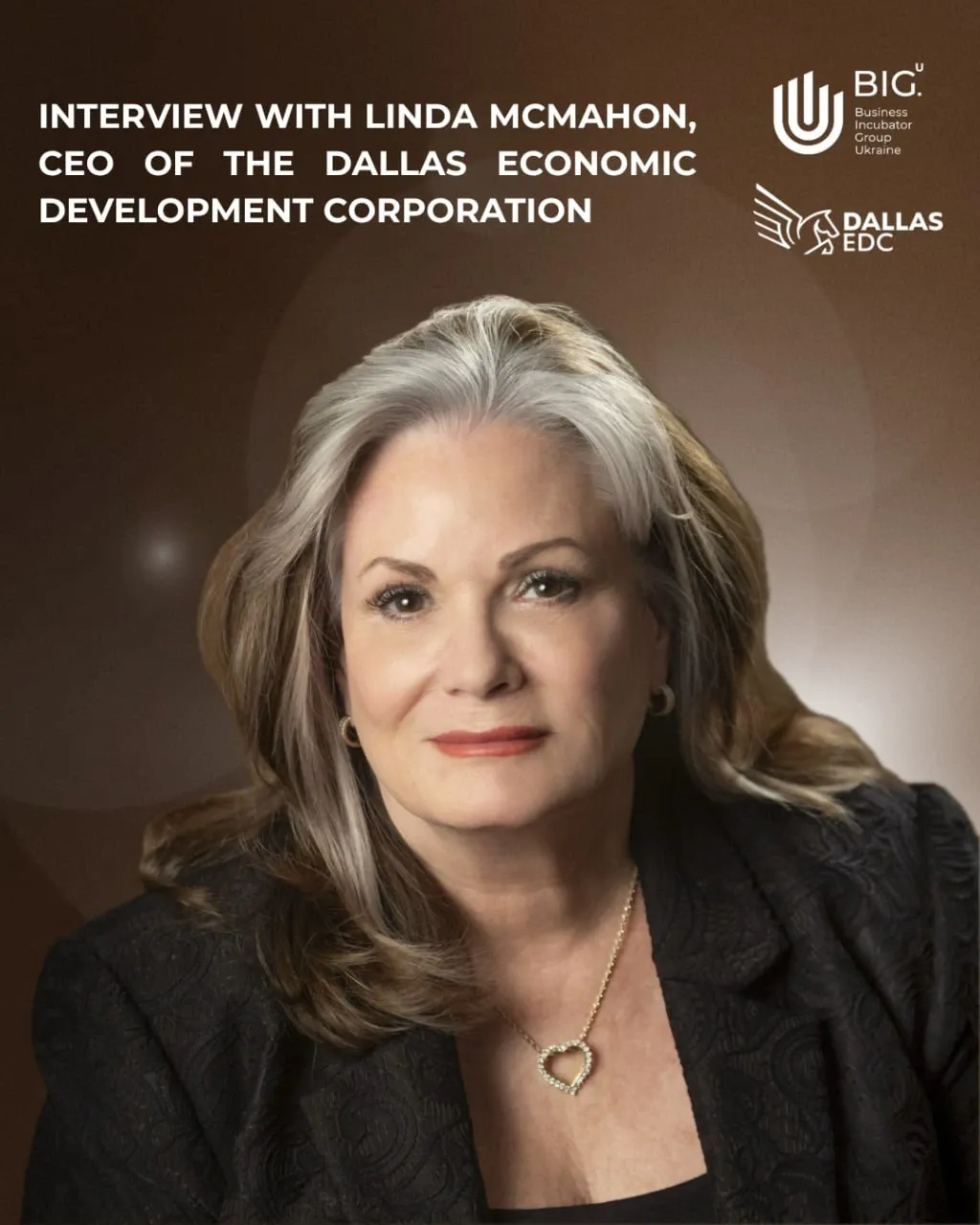This article was created by the editorial team of “Mayak” and published in cooperation with BIG.U.
We believe that the development of society and entrepreneurship begins with education and free access to quality knowledge.
More stories — on Instagram.
Read in full at mayak.org.ua.
Iceland has topped global gender equality rankings for fifteen consecutive years. Almost half of the members of parliament are women, and over 90% of women of working age are employed. But even in a country often called a “feminist paradise,” equality doesn’t appear automatically. It begins in early childhood education.
Even with all efforts, Icelandic women face challenges that the state cannot yet fully address — described at the end of the article.
Unique Approach in Preschools
Icelandic preschools have become laboratories for new educational methods. Children from an early age are encouraged to reject traditional gender roles and develop traits society usually reserves for boys or girls.
The methodology, called Hjalli, was created by educator Margret Pala Olafsdottir in 1989. Its foundation is “compensatory pedagogy”: children are intentionally trained in skills traditionally assigned to the opposite gender. Large parts of the day are spent in same-gender groups, then merged for joint activities where new skills are practiced in mixed environments.
In mixed groups, boys “take” initiative and strength, girls — care and communication. Temporary separation reduces social pressure and balances skill development.
Girls are encouraged to be strong, brave, and independent — carrying firewood, climbing trees, or walking barefoot in snow. Educators emphasize that girls can do anything and should not be limited because of their gender.
Boys learn traditionally “girl” skills: braiding hair, giving massages, giving compliments, and active listening. The aim is to cultivate compassion, care, and emotional closeness often suppressed in boys.
Classrooms in Hjalli preschools are free from traditional “boy” or “girl” markers. No pink or blue corners; instead of dolls or cars, children get universal materials — blocks, clay, musical instruments, natural objects — allowing free imagination and role exploration.
Does It Work?
Research shows graduates are more confident, tolerant, and free to choose careers regardless of stereotypes. In adulthood, this leads to higher female participation in politics and business, and men taking a more active role in childcare. Shared parental leave is now standard because society views care as a shared responsibility.
Challenges Remain
Iceland is not perfect. About 40% of women report experiencing physical or sexual violence, and many cases never reach court due to police or judicial gaps. Despite laws guaranteeing equal pay, women still earn less due to structural differences in roles and employment. A large-scale women’s strike in 2023 highlighted these issues.
The Hjalli model is an important step, showing that gender equality begins in childhood and gradually reduces the influence of stereotypes, widening the space of opportunity for all.
Sweden’s Gender-Aware Preschools
Sweden also experiments with gender-conscious preschools. Egalia in Stockholm avoids pronouns like “he” or “she,” using the neutral “hen.” No “girl” or “boy” toys; children freely choose any game or role. Stories and books avoid traditional gender roles, showing boys can be gentle and girls brave. The state actively supports this, embedding gender neutrality in preschool curricula.
Criticism
Not all support these experimental approaches. Critics highlight:
- Gender-based group separation: Some fear temporary separation reinforces divisions rather than dismantling them.
- Artificial exercises: Forcing girls to carry firewood or walk barefoot in snow may feel like inversion rather than freedom.
- Effectiveness debate: Many studies are descriptive rather than long-term.
- Sweden’s controversies: Using “hen” provokes debates among conservative parents and politicians, seen as language interference or pressure to treat children identically, ignoring natural differences.
This material is just one of the stories shared by “Mayak.”
Join their Instagram communities to stay updated.
Read more at mayak.org.ua.

